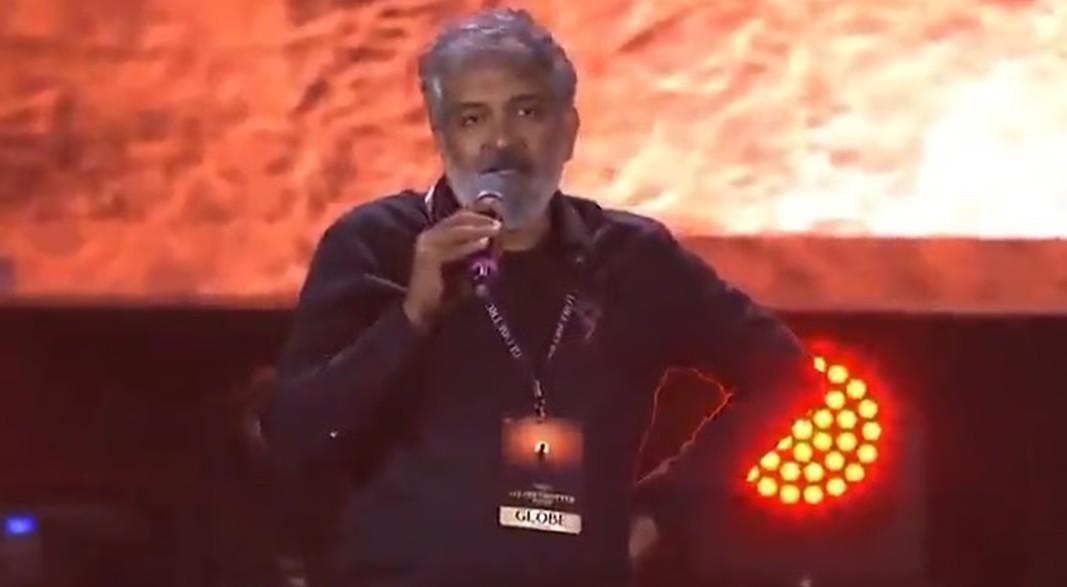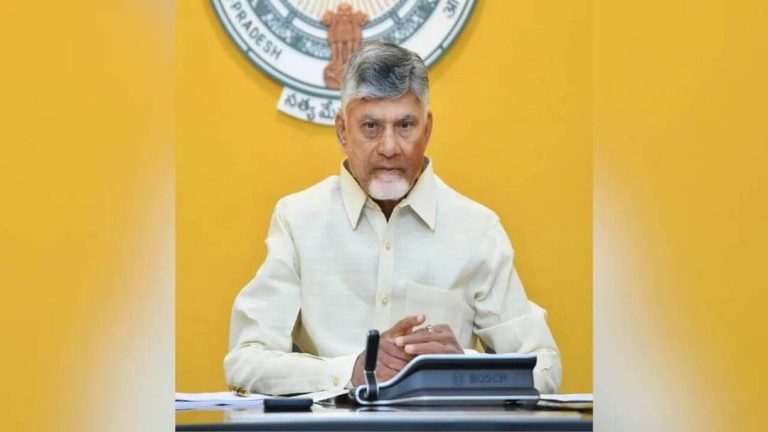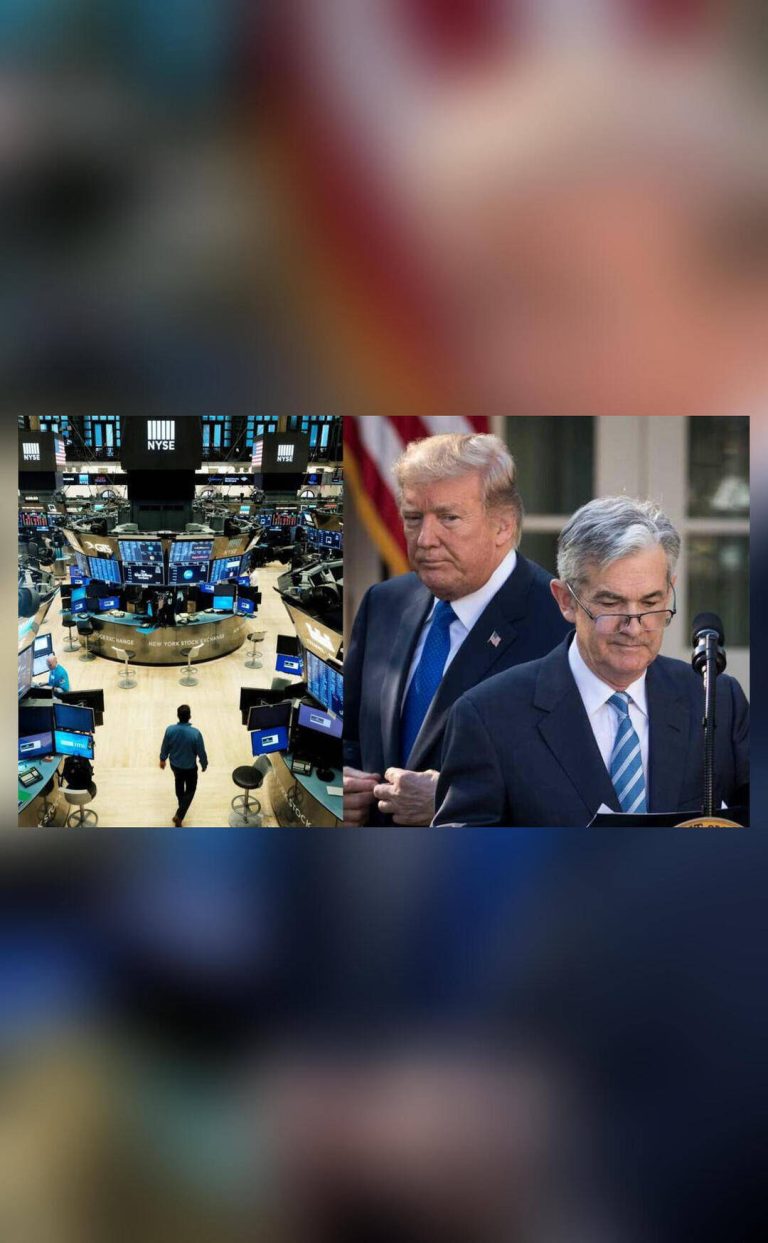
Rajamouli accused of insulting Lord Hanuman at ‘Varanasi’ launch
The world of Indian cinema is no stranger to controversy, and the latest incident involves none other than the acclaimed filmmaker SS Rajamouli. The director, known for his blockbuster films like Baahubali and RRR, has found himself at the center of a storm after his recent comments at the teaser launch of his upcoming film, Varanasi. The event, which was supposed to be a grand affair, was marred by technical glitches, and it was during this time that Rajamouli made a remark that has sparked outrage on social media.
According to reports, Rajamouli was speaking at the launch event when he mentioned a conversation he had with his father. He allegedly said, “A while ago, my father…said, ‘Hanuman will…protect us through all troubles.’ I felt angry, thinking, ‘Is this how he protects us?’” The remark was perceived as an insult to Lord Hanuman, a revered deity in Hinduism, and it did not take long for the news to spread like wildfire on social media.
Many users took to Twitter and other platforms to express their outrage and demand an apology from the filmmaker. The hashtag #RajamouliInsultsHanuman began trending, with people condemning the director’s remarks and calling for a boycott of his film. The online backlash was swift and severe, with some users even questioning Rajamouli’s faith and accusing him of being an atheist.
The controversy surrounding Rajamouli’s comments has raised questions about the limits of free speech and the responsibility that comes with being a public figure. While the director has not issued an official apology or clarification, his team has maintained that his comments were taken out of context and that he has the utmost respect for Lord Hanuman and the Hindu faith.
However, the damage has already been done, and the incident has sparked a wider debate about the representation of Hindu deities in popular culture. Many have argued that Rajamouli’s comments were not only insensitive but also reflective of a larger trend of disrespect towards Hinduism and its icons. Others have countered that the director’s remarks were blown out of proportion and that he has the right to express his opinions, even if they are unpopular.
The Varanasi teaser launch was supposed to be a grand affair, with the film’s cast and crew in attendance. However, the event was marred by technical glitches, which added to the chaos and confusion. The film’s teaser was eventually released, but it was overshadowed by the controversy surrounding Rajamouli’s comments.
The incident has also raised questions about the role of social media in shaping public opinion and perpetuating outrage. While social media platforms have given people a voice and a means to express themselves, they have also created an ecosystem where outrage and controversy can spread quickly and go viral. In this case, the online backlash against Rajamouli was swift and severe, with many users calling for a boycott of his film and demanding an apology.
As the controversy surrounding Rajamouli’s comments continues to simmer, it remains to be seen how the filmmaker will respond to the backlash. Will he issue an apology and clarify his remarks, or will he stand by his comments and risk facing further backlash? Only time will tell, but one thing is certain – the incident has sparked a wider debate about the representation of Hindu deities in popular culture and the limits of free speech.
In conclusion, the controversy surrounding Rajamouli’s comments at the Varanasi teaser launch is a complex and multifaceted issue that raises important questions about free speech, representation, and the role of social media in shaping public opinion. While the filmmaker’s remarks were perceived as an insult to Lord Hanuman, it is also important to consider the context in which they were made and the potential consequences of such comments.
As the debate continues to rage on, it is essential to approach the issue with nuance and sensitivity, recognizing the diversity of opinions and perspectives that exist in our society. By doing so, we can create a more inclusive and respectful public discourse, where individuals can express themselves freely without fear of retribution or backlash.






